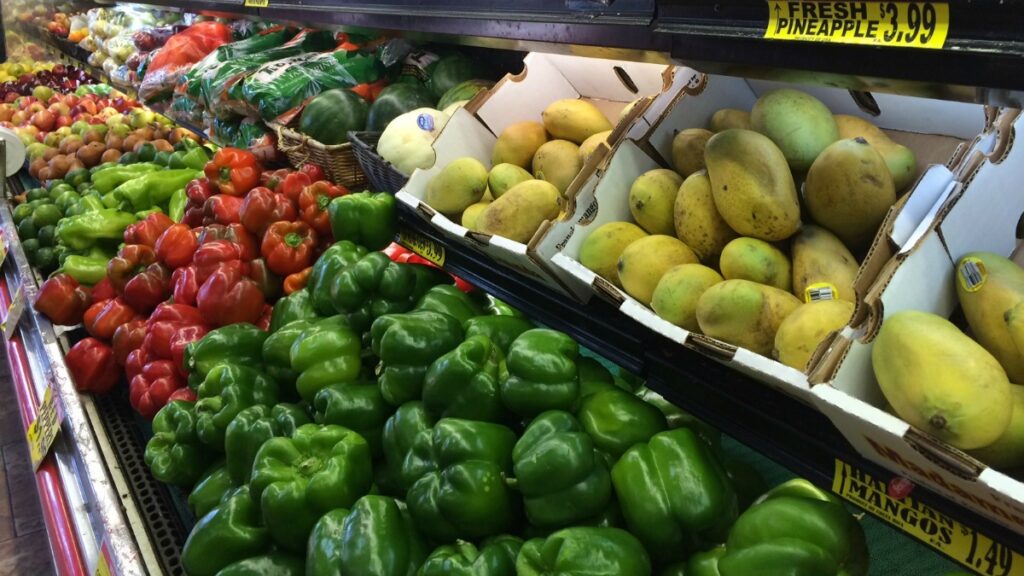A $3.4 million CDC grant has been awarded to New Haven's CARE program. This is a joint study between Southern Connecticut State University and the Yale School of Public Health.
“CARE is making a huge difference in the lives of New Haven residents,” said SCSU Interim President Dr. Dwayne Smith. “In particular, we are transforming the daily lives of those most affected by health and income disparities.”
The Community Alliance for Research and Engagement (CARE) began in 2007 with the goal of improving health in New Haven among communities most affected by these disparities. Alicia Santilli, program director, said 34 percent of residents live below the 100 percent poverty threshold.
This new round of grants will go toward community programs like those planned at Fairhaven Community Healthcare. Once the new building is complete, patients will be able to receive prescription medications, and some patients will also receive prescription produce through a prescription production program.
“This funding is actually really important in terms of rolling out this program and taking it to the next level,” said Veena Kapadia, the health center's business development director. “We will serve about 60 patients in the first year, and it will grow from there.”
The grants will go to programs that improve nutrition, physical fitness and access to breastfeeding.
Dionne Lowndes, a nurse and lactation consultant, says, “Having a lactation expert talk to you and help you understand what you're seeing and how your baby is feeding can be very helpful. It’s really, really important.”
Susan Harris of Witness to Hunger says she has seen the impact of food prices first-hand. Procuring food from suppliers is expensive.
“Before COVID-19, they weren’t charging fees,” Harris said. “After COVID-19, the situation is now better and food prices are increasing and they are starting to rise again.”
The grant will cover the cost of volunteers who help with things like packing groceries for students to take home during school breaks.
“Parents are about to end their SNAP benefits. [for the month] We look forward to doing this as much as we can because there will be less stuff around the house and we can stock up on more groceries. ”


